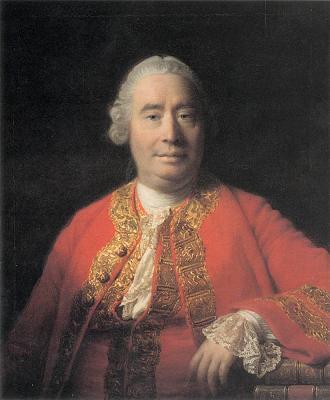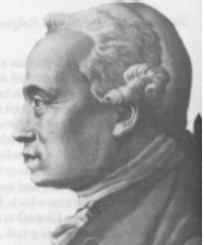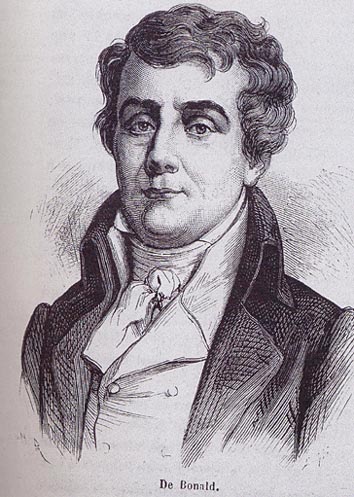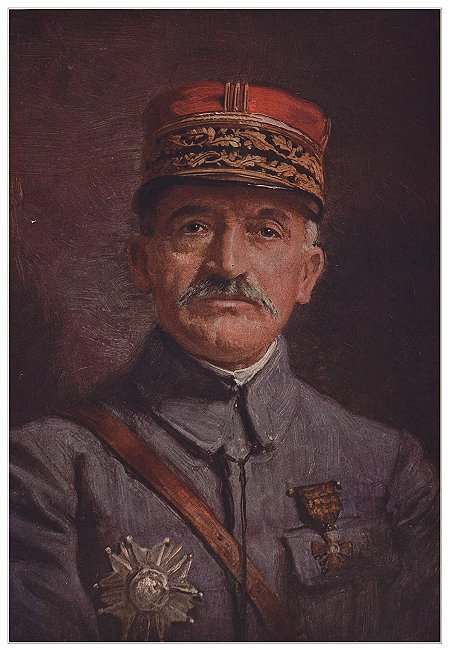|
Links |
|
Links |
|||
|
|
- Biography & Major Works | ||||
| In An Essay Concerning Human Understanding, 1690, Locke describes how the mind functions in learning |
|
||||
| Locke argued against the doctrine of innate ideas |
|
||||
| The doctrine of innate ideas holds that ideas were part of the mind at birth & not learned or acquired later from the outside | |||||
| Locke believes that we are born a
tabula rasa
tabula: slate rasa: blank |
|
||||
| According to Locke, people originally lived in a state of nature with no restrictions on their freedom | |||||
| Note that, according to most theorists today we are still born w/ a slate, i.e. some common human nature, but there is still wide debate on the extent our our common, innate, human nature |
|
||||
| And for Locke, we are born w/ some common human nature | |||||
| But for Locke, everything that is important, that makes us human, is gained through interaction w/ the env, & what we, today, would call socialization | |||||
| We gain knowledge through the sensory experiences of life |
|
||||
| Locke's view is a.k.a. the photographic or copy theory of knowledge |
|
||||
| Locke's views became the Enlightenment view of human nature, socialization, & knowledge |
|
||||
| For Locke, the mind was a passive recipient |
|
||||
| MIND HAS A NON CREATIVE ROLE | |||||
| The mind has a non creative role in that it: |
|
||||
| a. combines simple ideas into complex ones |
|
||||
| b. set ideas side by side, without ever uniting them |
|
||||
| c. separates ideas from each other; this is called abstraction |
|
||||
| The mind's three non creative processes are analogous to what we do w/ things in material world |
|
||||
| TWO DIFFERENT KINDS OF EXPERIENCE | |||||
| For Locke, there are TWO different kinds of experience which are the outer & inner experiences |
|
||||
| a. Outer experience is acquired through the senses of sight, taste, hearing, smell, touch |
|
||||
| b. Inner experience is acquired by thinking about mental process involved in sifting this data |
|
||||
| Inner experience provides info about the mind in the form of emotions & thought | |||||
| The good life was a life of pleasure | |||||
| Locke believed that we were primarily motivated by the pleasure principle, which is very similar to Freud's concept formulated over 100 yrs. later | |||||
| The pleasure principle holds that Ethical Action involves determining which situation would produce the most pleasure, & then performing that act | |||||
| But it was not just bodily pleasure, but pleasure for mind & pleasure that was in harmony w/ divine law | |||||
| THREE TYPES OF THINGS | |||||
| Locke held that there are THREE different types of things in the universe, including | |||||
| a. TWO types of bodies, are either: | |||||
| i. quantifiable & thus mathematically measurable or | |||||
| ii. qualitative & thus unmeasurable | |||||
| b. mind | |||||
| c. god | |||||
| Locke believed that god had established divine law | |||||
| Divine law could be discovered by reason & to disobey it was morally wrong | |||||
| Divine law & the pleasure principle were compatible | |||||
|
|
HUMAN RIGHTS |
|
|||
|
|
Natural law (NL) stressed the duties over the rights of govt & individuals, but in the 1600's as a result of the works of Locke & others, NL began to emphasize natural rights | ||||
|
|
See Also: Civil Rights | ||||
| Then Locke & others came to realize that confusion would result if each person enforced his or her own rights | |||||
|
|
Locke argued that govtl authority depends on the people's consent | ||||
| People agreed to live under a common govt, but not to surrender their "rights of nature" to the govt | |||||
| Instead, people expect the govt to protect these natural rights, especially the rights of life, liberty, & property | |||||
|
|
For Locke, human rights included liberty (political equality), life & ownership of property | ||||
|
|
The task of the state was to protect natural rights | ||||
|
|
States do inconvenience people, so justification for sates was to protect rights better than the individual could | ||||
| Locke's ideas of limited govt & natural rights became part of the English Bill of Rights (1689), the French Declaration of the Rights of Man (1789), & the U.S. Bill of Rights (1791) | |||||
| ON REVOLUTION | |||||
|
|
On revolution, Locke believed that if the state did not protect rights, people had right to find other rulers | ||||
| In the US founding documents, there is the idea that it is not only necessary, but the duty of the people to revolt should the govt fail to protect their basic civil rights | |||||
| Locke believed that people should decide who governs them | |||||

John Locke 1632 - 1704 English philosopher Locke's greatest influence on was on political science Locke influenced Thomas Jefferson on the Declaration of Independence b. Wrington in Somerset County Attended Oxford University 1666 met Anthony Ashley Cooper who became the Earl of Shaftesbury In 1679 the Earl became involved in plots against the King. Suspicion also fell on Locke So Locke left England in 1683... to Netherlands Met Prince Wm. and Princess May of Orange Wm. & May became rulers of England in 1689 & Locke returned to England as a court favorite Until his death he wrote widely on - educational reform - freedom of the press - religious tolerance |
 |
Two Treatises of Government, 1690 An Essay Concerning Human Understanding, 1690 ( Most
important work )
|







